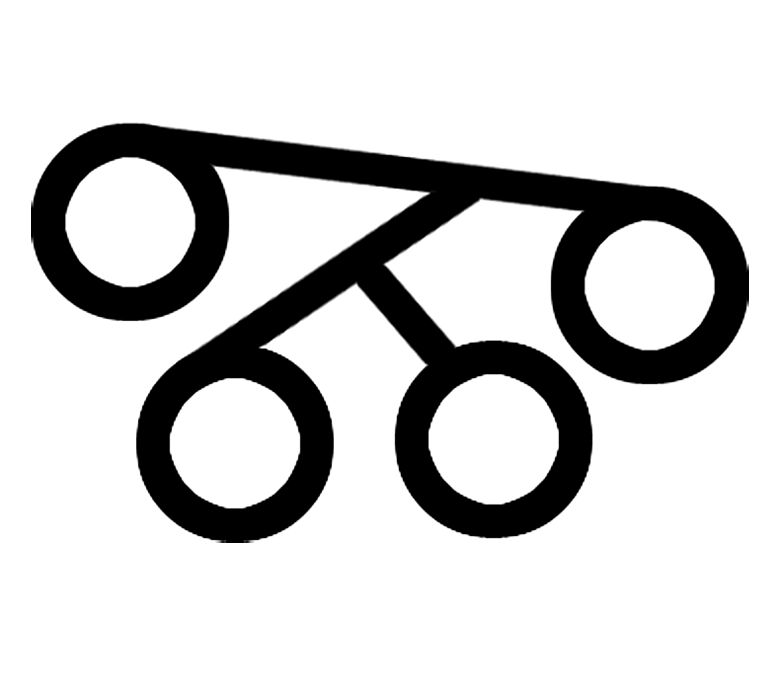Cilj je ovoga kolegija upoznati studente s osnovnim postavkama kognitivne lingvistike, točnije kognitivne semantike i kognitivne gramatike.
Kolegij se uvodi kraćim prikazom Američke lingvistike, tj. doprinosima Boasa, Sapira, Bloomfielda i Whorfa, odnosno točnije prikazom njihovih viđenja odnosa jezika, kulture i mišljenja. Tragom te tradicije uvode se temeljne postavke kognitivne lingvistike s posebnim težištem na pojmovima prototipa i kategorije. Nadalje, obrađuju se osnovne postavke kognitivne gramatike, termini poput sheme i domene, i posebna se pažnja posvećuje usporedbi strukturalističkih, transformaciono-generativnih i kognitivno gramatičkih pristupa gramatičkim pojavnostima. Gore navedene teorijske postavke analiziraju se na primjerima iz engleskoga i hrvatskoga jezika.
- Cognitive linguistics and its links with Cognitive Science.
- Cognitive linguistics and its links with early American linguistics (Boas, Sapir, Whorf)
- Cognitive linguistics and its links with early American linguistics (Boas, Sapir, Whorf)
- Categories – classical and cognitive linguistic views. Relationship between TG grammar and cognitive linguistics. Notion of prototype.
- Categories – classical and cognitive linguistic views. Relationship between TG grammar and cognitive linguistics. Notion of prototype.
- Scenes and frames semantics and their relevance for cognitive linguistics.
- Schemas and domains and their relevance for category organization.
- Preparation of research topic. Discussion of methodology and aims.
- Basic notions of Cognitive Grammar.
- Cognitive Grammar.
- Discussion of links with theoretical constructs in classical European structuralism. Construction grammars.
- Submit research results. Discussion of obtained data.
- Synthesis and theoretical interpretation of research results.
- reserved for follow-up of any of the above topics
revision
- Final test.

